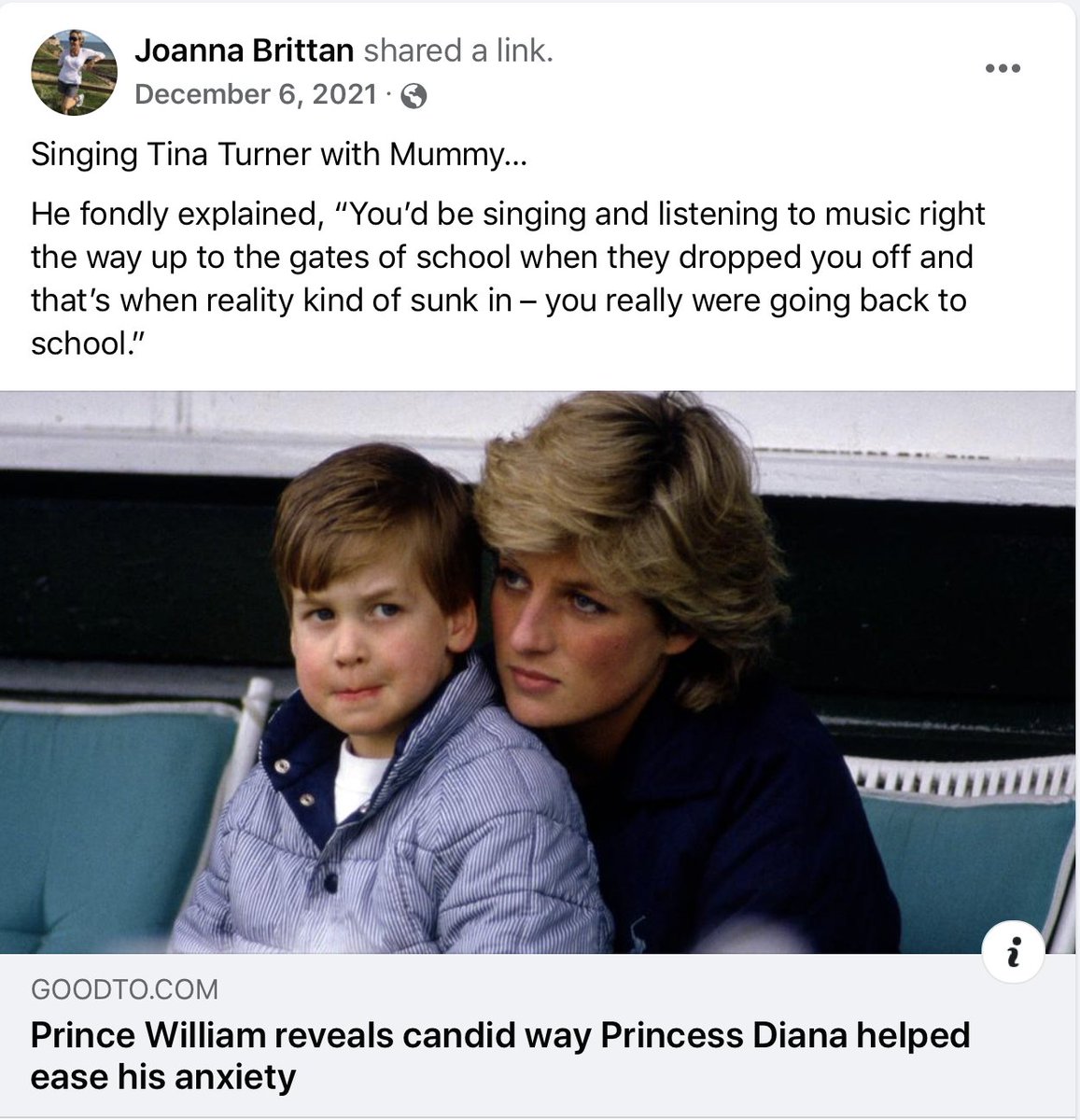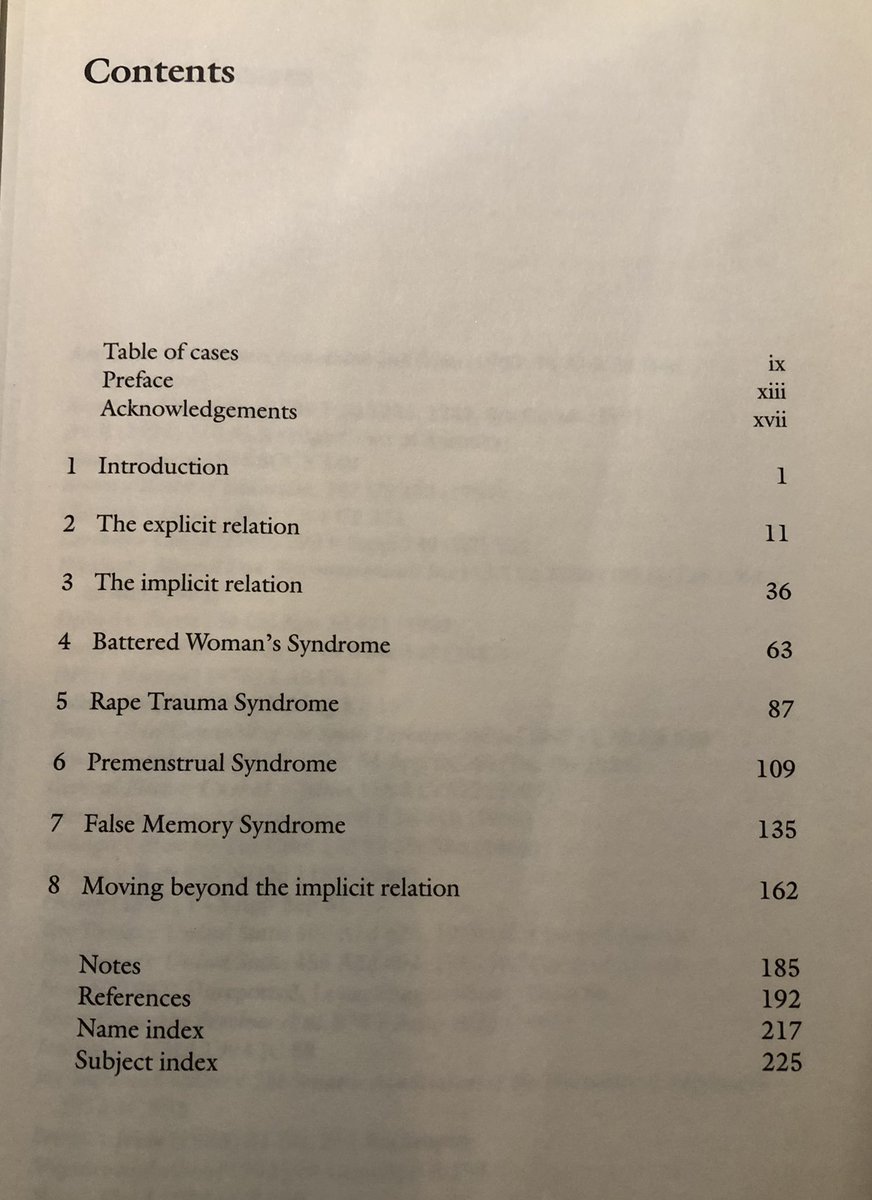
A surprising number of ppl hv said they've found my recent threads on emotions & Boarding School Survivors to be helpful. So I will just keep thm going, continuing to draw on @axrenton book.
How does knowng more abt this help us make sense of current Westminster chaos? A THREAD.
How does knowng more abt this help us make sense of current Westminster chaos? A THREAD.

2. It was a friend who convinced me to keep talking abt this. She texted me this msg: “Yes, most people are baffled by what they see played out at Westminster.”
What we are watchng is a dangerous culture of unleashed emotional trauma. That means HARM is done to others: citizens.
What we are watchng is a dangerous culture of unleashed emotional trauma. That means HARM is done to others: citizens.

3. Yes, I know there is entitlement going on. Masses of it. But what I think what gets missed is that t sense of entitlmnt is grounded in relational trauma. If most of us don't know much abt elite boardng school culture, how can we see t origins of trauma? @axrenton helps us SEE.
4. It is a radical, edgy act for me to even suggst this, out loud on Twitter. Here's why: As a public undrstndng of trauma has spread, our discourse has tended to focus on 'dysfunctional families' living in poverty, stress &exclusion. We haven't talkd much abt posh folk in power.
5. @DirectorVRU hinted at that yesterdy when he tweeted this in reply to my thread: "The trauma of boarding school children isn't real, they say, because your parents paid. You were 'the privileged'." (Thank you Niven. You made me braver.)
https://twitter.com/DirectorVRU/status/1484972821432389637?s=20
6. And this too. Ths reply came in ystrdy on @jebrittan2 FBpage on boardng schools, whn she posted some of my work. "I am so relieved to see BStrauma finlly being recognisd. This is t first real support I've felt outside these BS groups." I felt grateful to know ths. And SHOCKED. 

7. For 30 yrs, leading voices like @nickduffell & @JoySchaverien hv talked abt Boarding School Survivor Syndrome. Maybe their work hasn't reached far enough. Maybe thr wasn't enough understndng of trauma w/in t wider public. I want to bridge that gap.
8. So let me highlight just some of t experiences of abandonment, violence, humiliation, confusion @axrenton describes in his book.
But first, a reminder. Why does it matter? These are t childhood experiencs of leadng UK politicians RIGHT NOW. Our lives as citizens are impacted.
But first, a reminder. Why does it matter? These are t childhood experiencs of leadng UK politicians RIGHT NOW. Our lives as citizens are impacted.
9. I am far from the only one trying to get people to think about this. Here is @BeardRichard book, published this year. "Public school boys [raised in emotional trauma] aren't FIT to run our country." theguardian.com/education/2021…
10. People w/ unresolved childhood trauma are at risk of HURTING & HARMING other ppl. In little ways: We might overlook our childrn's need for comfort. And in big ways: We might stab somebody. Or: We might create unempathic social policy that lets people slowly starve to death.
11. Right, so an #ACES framework talks about 'dose-response model', which basically means the more emotional adversities you suffer WITH NO RELATIONAL BUFFERING, the worse the likely outcomes for your development. So what's a child's dose given all the following experiences?
12. (1)EMOTIONAL NEGLECT: "The stories that led me @axrenton to write this book are of children abandoned by their families into the care of strangers, often astonishingly early." Early = 8yrs, 7yrs, 6yrs, 5yrs, 4yrs, 3yrs. 

13. If you need some graphics to help you imagine that, here's what it looks like when an 8 year old is being turned over to the care of strangers.
14. And if a story would help with that: One of the last men I interviewed in prison (who had, yes, harmed several people) was separated frm his family age 8, turned over to the care of strangers (called a Children's Home). He still doesn't know why that happened. It haunts him.
15. (2)PHYSICAL VIOLENCE. "As dormitory captain, he said he had t right to whip us for infringing any rules. The instrument for t beating wd be a whippy bamboo with a split end that pinches to give extra pain. In fact, tho, he used his belt." These are @axrenton OWN EXPERIENCES. 

16. Want more violence? @axrenton describes masses of it. Here's his account of t brilliant comedian Eddie Izzard: "He &his brother were sent to board 1968, age 7, after their mother died. He said: 'I cried relentlssly for a year. My housemaster wd help me along with beatings.'" 

17. Yep, it's good that corporal punishment (a fancy word for 'beatings') isn't permitted in UK private schools any longer. That was abolished in 1998 (in England, 2000 in Scotland). That's a decade after 'non-privileged' children got such protections. endcorporalpunishment.org/reports-on-eve…
18. (3)HUMILIATION: "Don't his ears stick out? Hasn't he got a funny nose?" "You will sit at the Pig Table until your manners improve." "You've wet the bed again, so I guess you need your face rubbed in it." "Clean up the vomit you just spilled on the carpet." 

19. "Of course teasing happens in most communities, but it's hard not to conclude that t revulsion for anything weird or alien was more intense in the closed arena of the boarding school."
Sure, revulsion for, say, refugees arriving by boat? ppl begging on streets? disabled ppl?
Sure, revulsion for, say, refugees arriving by boat? ppl begging on streets? disabled ppl?

20. (4)SEXUAL ABUSE. Masses&masses of it. Denied. "One morn, 3 of us lined up outside the headmaster's office to complain about the terrible things that had been done to us over the weekend. He listened, then beat each of us to within an inch of our lives for telling tales." 

21. Reports of sexual abuse in boarding schools are everywhere just now. The Scottish Abuse Inquiry @ScottishCAI is taking the testimony. Journalist @NeilMackay has been writing stories about it regularly. It isn't about a few children. It is a CULTURE. heraldscotland.com/news/19322569.…
22. (5)THE INABILITY TO SPEAK ABOUT THE MISERY. In ACES terms, that's 'no buffering'. "His headmistress tore up the letter to his parents when he complained of homesickness. It would be better for them not to know." "And if he did tell, would his parents still love him?" 

23. So what if that leaves you without even a VOCABULARY to name yr feelings? "Psychoanalyst @JoySchaverien speculates her clients lacked t ability to express their suffering....They did not want to disappoint parents. 'They wd know they'd made a terrible mistake in sending me.'" 

24. I cd go on outlining t dosage, but my point is made. You cn read @axrenton book for yrslf. This is a book abt how childrn adapt to emotional adversity: misery, sufferng, rejection. (I know ths may be uncomfortable for some schools &parents to read. Trauma science often is.)
25. So why does it continue? Well: status, wealth, privilege, power, buying social mobility for yr child & family, belief that childhood distress passes.
And THIS history too: A culture that *esteems suffering*. "The unpleasant hazards were part of t process & shd be welcomed."
And THIS history too: A culture that *esteems suffering*. "The unpleasant hazards were part of t process & shd be welcomed."

26. One of t things I value abt @axrenton is that he tries to get us to see CULTURE, not blame individuals. He tries to get us to self-reflect. He asks sore, edgy questions. Chapter titles: "Did the parents know?" "What were the mothers thinking?" Unveiling pain is always sore. 



27. One of t terrible challenges for Boarding School Survivors is that thr emotional trauma is so tangled in confusion &denial. That's why @nickduffell calls it "privileged abandonmnt". @tony2gammidge tries to convey what that feels like in his animation. tonygammidge.com/norton-grim-an…
28. So here's what I'm trying to say, in another long thread that I hope people continue to find useful. Boarding Schools of the 1960s & 1970s (and beyond?) were often violent, traumatising, scary places. Some of our leading politicians today grew up ('were educated') in them.
29. I think we haven't thought about this enough. I think if we did, some of the confusng, deadly chaos we see happening would make more sense. If we are less confused, we think more clearly & effectively. This isn't abt individuals. This is about CULTURE. That's @axrenton point.
30. And once one gets one's head around all that, @SimonPartridge intensifies it. He argues that the ' damage' for many child-boarders goes back before starting school: That it starts in infancy, born to families who don't believe/know babies need warm emotional attn & comfort. 

31. And that returns us to @axrenton , who reminds us in his book of the science that shows that stressful childhoods can lead to epigenetic changes. Stress creates change in the DNA. You can pass down to the next generation & the next & the next.... 

32. I know that what I have said in this thread won't apply to everyone. I know there people who found boarding school positive. Okay. Let's be sure all voices are heard, because others were traumatised. And the bottom line is: t BS system is *founded on* attachment separation.
33. Does any of this still apply today? Good discussion to have.
@SimonPartridge campaigns to END early boarding. He thinks 7-yr-olds shd not be sent away from home for long periods. And @axrenton couldn't find any boarding schools whose policies are informed attachment theory.
@SimonPartridge campaigns to END early boarding. He thinks 7-yr-olds shd not be sent away from home for long periods. And @axrenton couldn't find any boarding schools whose policies are informed attachment theory.

34. But what @axrenton does point out returns me to my original political point: "If you were were to design a mechanism for building a life-long loyalty to a team and an ideology, boarding early would seem a smart way to begin." 

35. Its a long thread. Its time to stop. I just think everyone deserves to be able to think abt these issues - and I think that we have a *responsibility* to all children & to our future to do that.
I hope what I'm offering helps. I thank those of you who hv said that it does.
I hope what I'm offering helps. I thank those of you who hv said that it does.
@margl43 @Dr_Pam_Jarvis @JANEOROURKE @garywrobinson @RobinCogan @eperryinsights @paulinescott222 @NeilMackay @_LisaCherry @dr_treisman @JKnussen @JLaTrobe100 @13Jstar @johnharris1969 @Freedland @polblonde @tony2gammidge @DirectorVRU @sallycroachy @ShivieSmith @Mr_PaintPots
• • •
Missing some Tweet in this thread? You can try to
force a refresh














